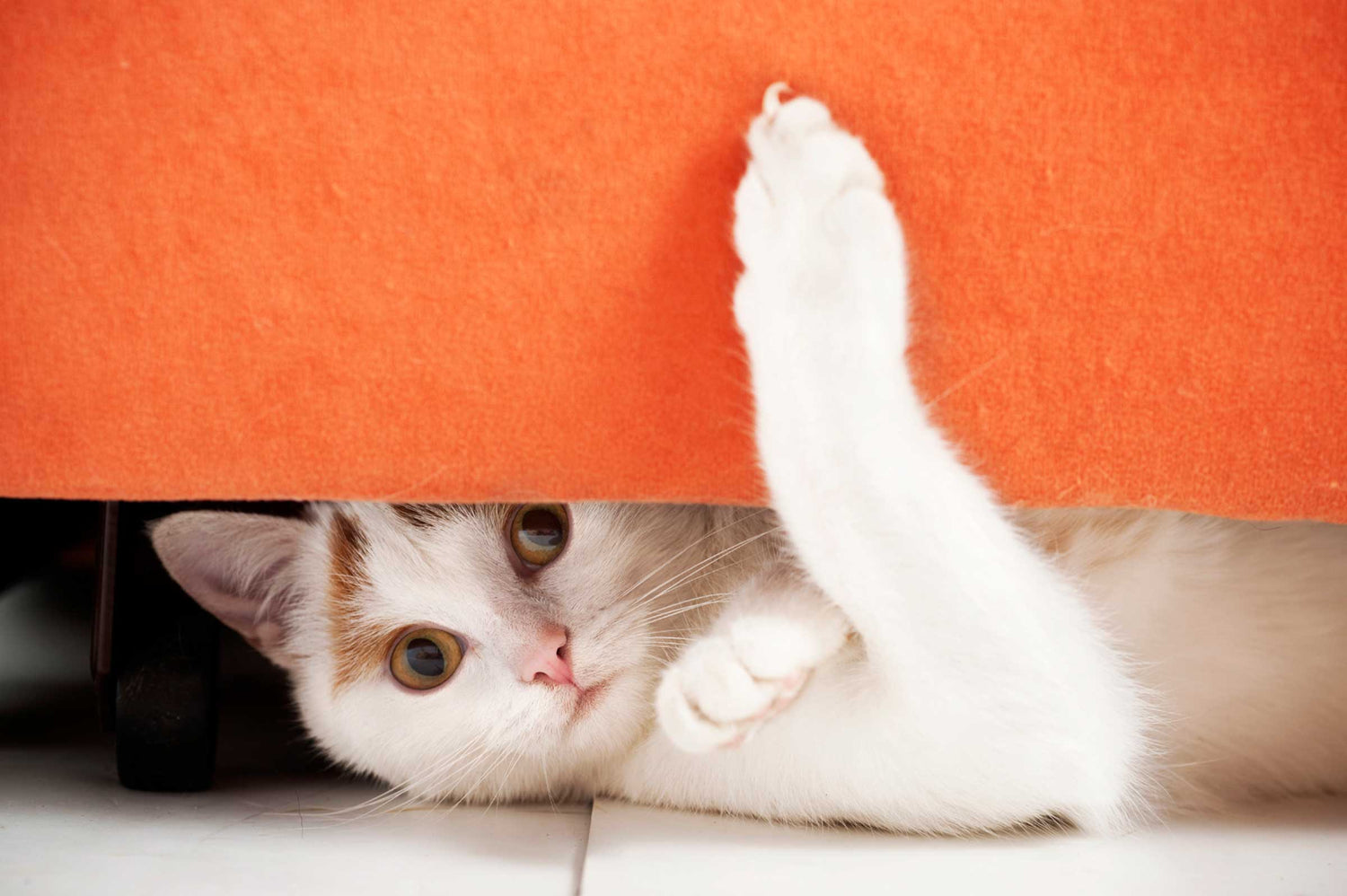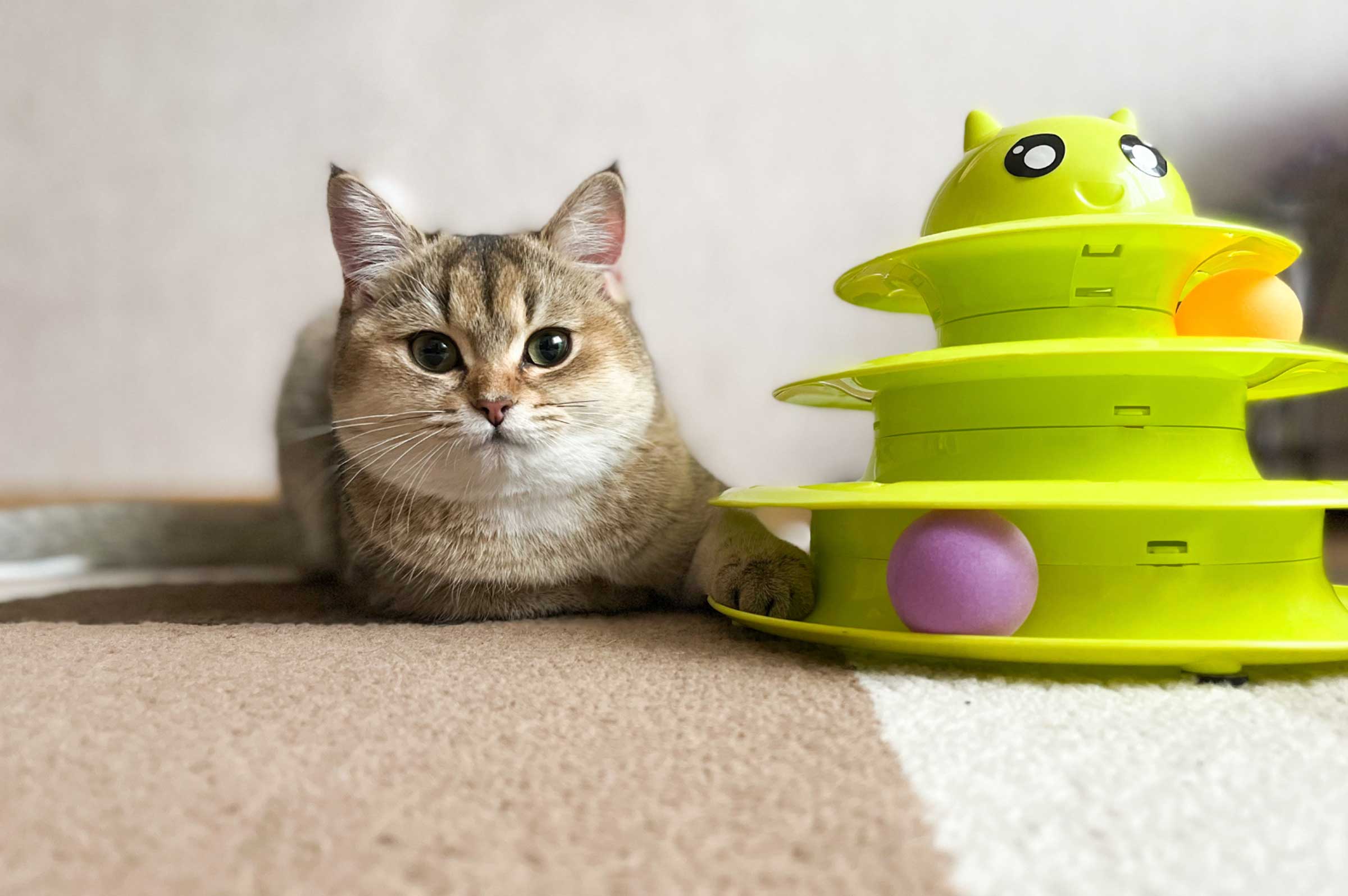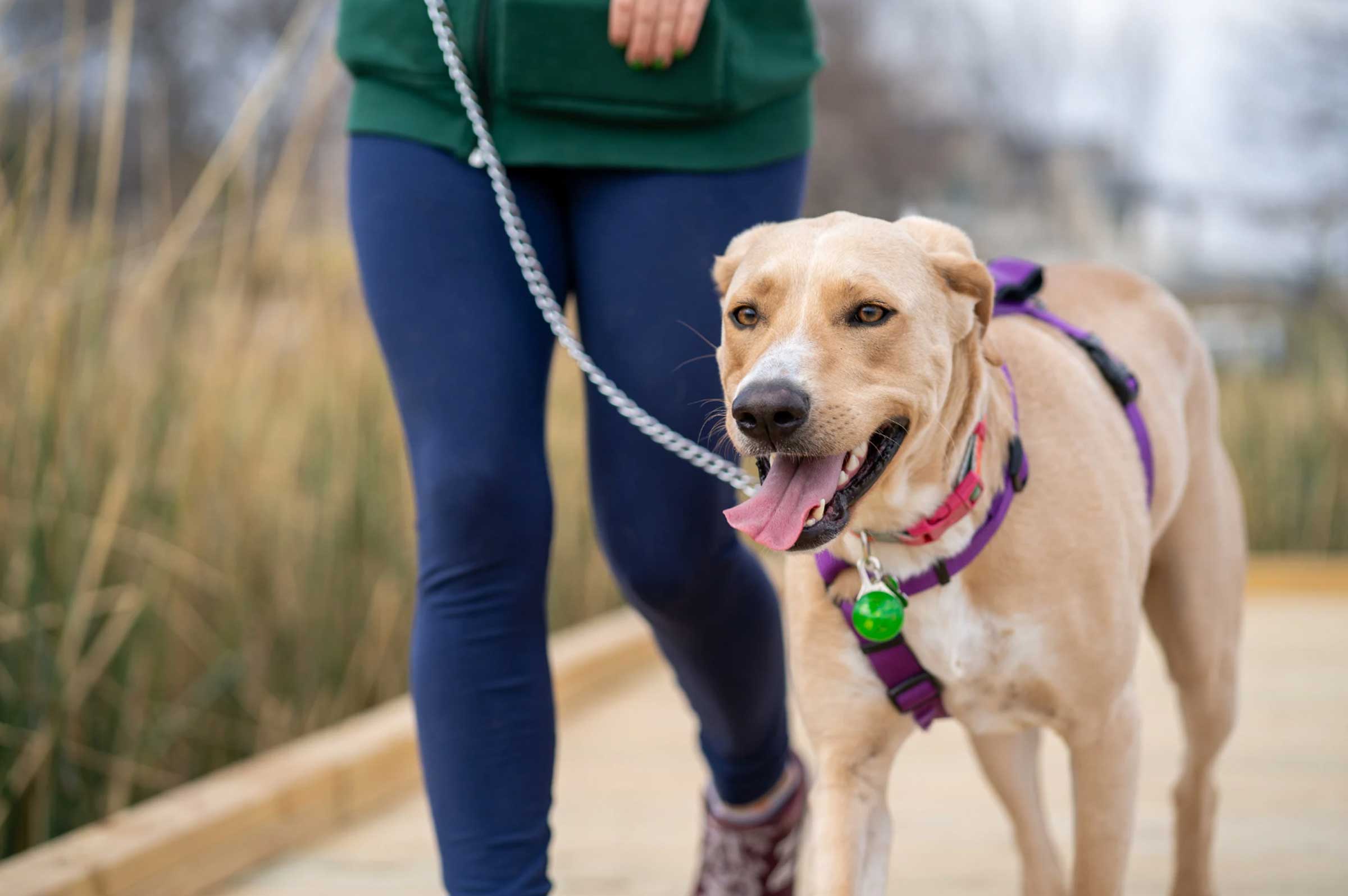Aging cats often face unique health challenges that require attentive care and understanding. As your feline companion enters their senior years, changes in their behavior, activity levels, and physical condition can signal potential issues that may need addressing. Providing proactive care can significantly improve their quality of life and help them remain comfortable and happy. This guide explores some of the most common health problems in aging cats and offers strategies to manage them effectively.
Identifying Joint Pain and Mobility Challenges
Joint pain and stiffness often affect older cats, making it difficult for them to jump or climb as they once did. Arthritic conditions are common in senior felines and may manifest through reduced activity, reluctance to move, or difficulty grooming hard-to-reach areas. Regular veterinary check-ups can help diagnose such issues early, allowing for better management.
To support aging joints, consider providing your cat with a soft, supportive bed and ensuring their environment is easy to navigate. Low-entry litter boxes and accessible resting spots can make a significant difference. Joint supplements formulated with omega-3 fatty acids can also play a vital role in promoting mobility and reducing discomfort.
Maintaining Healthy Weight and Preventing Obesity
Weight management becomes increasingly important as cats age. Older cats may be prone to weight gain due to reduced activity levels or metabolic changes. Obesity can exacerbate other health conditions, such as diabetes or arthritis, making it essential to monitor their diet and portion sizes.
Offering a balanced, nutrient-rich diet tailored to senior cats can help maintain an ideal weight. Regularly scheduled feeding times and avoiding excessive treats can further prevent weight-related complications. If your cat struggles with obesity, your veterinarian can recommend specific dietary changes to address their needs.
Addressing Dental Disease and Oral Health Issues
Dental problems are prevalent in aging cats and can lead to pain, difficulty eating, and infections if left untreated. Signs of oral health issues may include bad breath, drooling, or a sudden preference for soft foods. Regular dental cleanings and at-home care can help prevent serious complications.
To support your cat's oral health, brush their teeth with a veterinarian-approved toothpaste and provide dental treats or toys that encourage chewing. Routine check-ups with your veterinarian can ensure any emerging dental problems are caught and treated promptly.
Monitoring for Chronic Kidney Disease
Chronic kidney disease is one of the most common illnesses in senior cats, often developing gradually over time. Increased thirst, frequent urination, and weight loss can be early indicators of this condition. Prompt diagnosis is essential for managing the progression and maintaining your cat’s comfort.
A veterinarian can recommend dietary adjustments and medications that support kidney function. Providing fresh, clean water at all times is also critical for cats with kidney concerns. Regular bloodwork and urine tests can help monitor the disease and adapt treatment plans as needed.
Supporting Cognitive Health and Managing Behavioral Changes
Cognitive decline can affect older cats, leading to symptoms such as disorientation, changes in sleep patterns, or altered interactions with their environment. These behaviors can be distressing for both you and your cat, but interventions are available to improve their mental well-being.
Enriching your cat's environment with toys, puzzles, and consistent routines can help keep their mind active. Engaging them in gentle play or interactive activities can stimulate their cognitive functions. Additionally, nutritional supplements specifically designed for senior cats may support brain health and alleviate some symptoms of cognitive decline.
Conclusion
Caring for an aging cat requires attention to their evolving health needs and a proactive approach to managing common issues. By recognizing early signs of discomfort or illness and implementing effective strategies, you can help your feline companion enjoy a comfortable and fulfilling senior life.
For enhanced support, consider VetSmart Formulas supplements to address joint pain, cognitive health, and overall wellness in your aging cat. Their premium ingredients and targeted formulations provide the care your senior feline deserves. Prioritize their health and happiness today with VetSmart Formulas.











